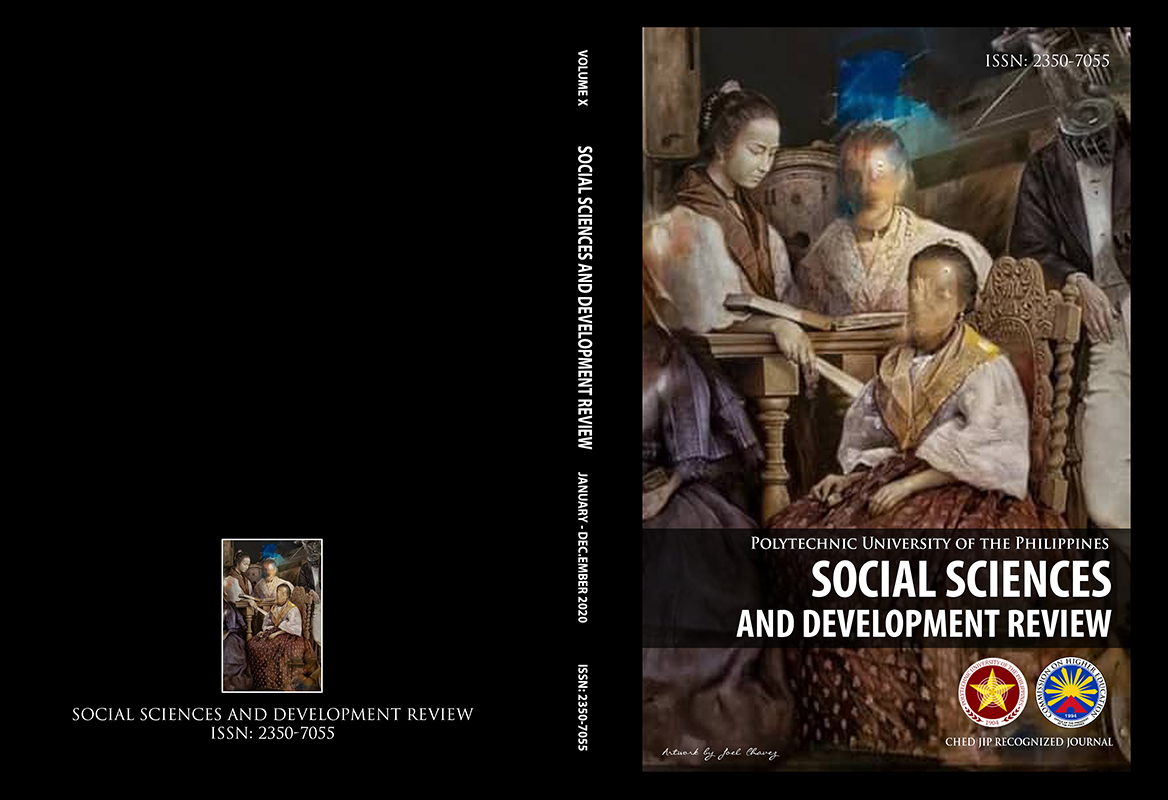Ecojustice Education Approach: Using Montes’ “Turtle Season” Short Story to Teach the Intersectionality of Gender and Environment
DOI:
https://doi.org/10.70922/xjq27h46Keywords:
gender, environment, ecojustice education, literature, intersectionalityAbstract
This paper uses Ecojustice Education as advanced by Martusewicz, Edmundson, and Lupinacci (2015) as an approach to use literature as material to teach the intersectionality of gender and environment through a constructivist module form. Studies including Seager (1999) reveal the link between patriarchal methods and the destruction of nature, illustrating a space where gender politics exacerbates environmental degradation. This paper presents a model for maximizing literature as a reflection of significant human experiences. Here the researchers crafted a way to use literature to marry issues of gender and environment in a palatable form for classroom consumption. The researchers see the model as useful for developing instructional materials that brings together issues tackled by gender and development and environmental education. Through the Ecojustice Education approach, literature is perused not as art for art’s sake but rather elevated as a platform to promote an ecological worldview to shape student consciousness and elicit active efforts from schools and educators to be creative in addressing concerns of gender and environment.
Downloads
References
Downloads
Published
Issue
Section
License
Copyright (c) 2020 Abegail R. Bayona, Sensei M. Adorador (Author)

This work is licensed under a Creative Commons Attribution-NonCommercial 4.0 International License.
Articles published in the SOCIAL SCIENCES AND DEVELOPMENT REVIEW will be Open-Access articles distributed under the terms and conditions of the Creative Commons Attribution-Noncommercial 4.0 International (CC BY-NC 4.0). This allows for immediate free access to the work and permits any user to read, download, copy, distribute, print, search, or link to the full texts of articles, crawl them for indexing, pass them as data to software, or use them for any other lawful purpose.


